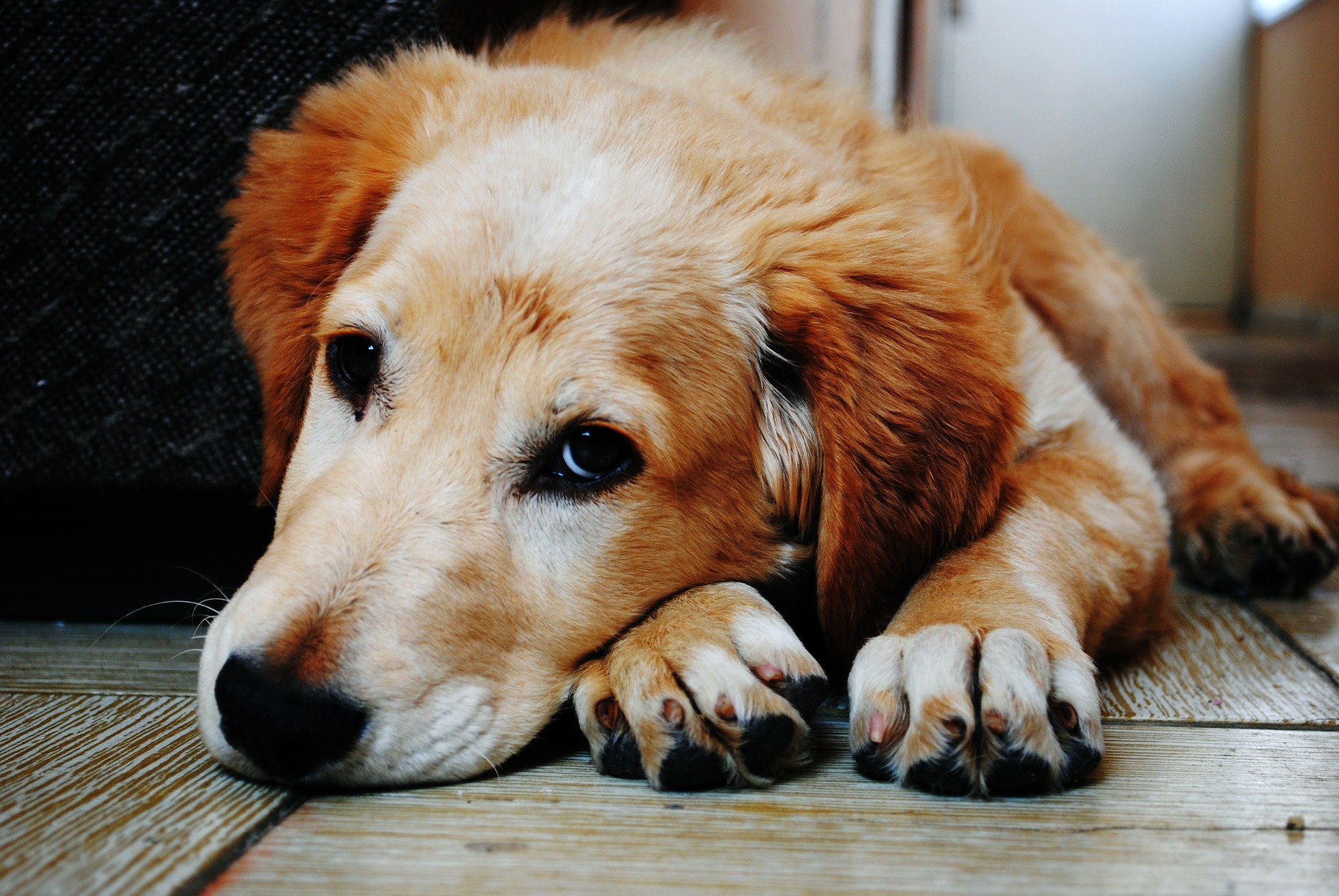News release
From:
Animal behaviour: Dogs may show grieving behaviour after death of canine companion
Behavioural and emotional changes exhibited by dogs after the death of another dog in the same household could be indicative of grief, according to a survey of 426 Italian dog-owners published in Scientific Reports.
Although grieving behaviours have been reported in a variety of animals, including birds and elephants, it has been unclear whether domestic dogs grieve.
Federica Pirrone and colleagues surveyed adults whose pet dog had died while they also owned at least one other dog. The owners, of whom 66% had lost their dog over one year before the study, were asked about any changes in the surviving dog’s behaviour after the death. Additionally, owners described the prior relationship between their dogs and their own distress levels after the bereavement.
86% of owners observed negative changes in the surviving dog’s behaviour after the death of their other dog. 32% reported that these lasted between two and six months and 25% reported that they lasted longer than six months. When asked to describe these behavioural changes, 67% of owners reported that the surviving dog became more attention seeking, 57% reported that they played less, and 46% reported that they became less active. 35% of owners reported that the surviving dog slept more and became more fearful, 32% reported that they ate less, and 30% reported an increase in whining or barking. Prior to the loss of their pet, 93% of owners reported that their dogs had lived together for longer than one year and 69% described the relationship between their dogs as friendly.
The researchers found that whilst the length of time the two dogs had lived together did not influence the surviving dogs’ behaviour, having had a friendly relationship with the deceased dog and having a grieving owner made negative behavioural changes and fearfulness more likely in surviving dogs. This suggests that negative behavioural and emotional changes observed in surviving dogs could be due to both a grief-like reaction in response to the loss of their companion and a reaction to the grief of their owners. The authors conclude that grief-like responses among dogs are potentially a major pet welfare issue that has been overlooked.



 International
International


